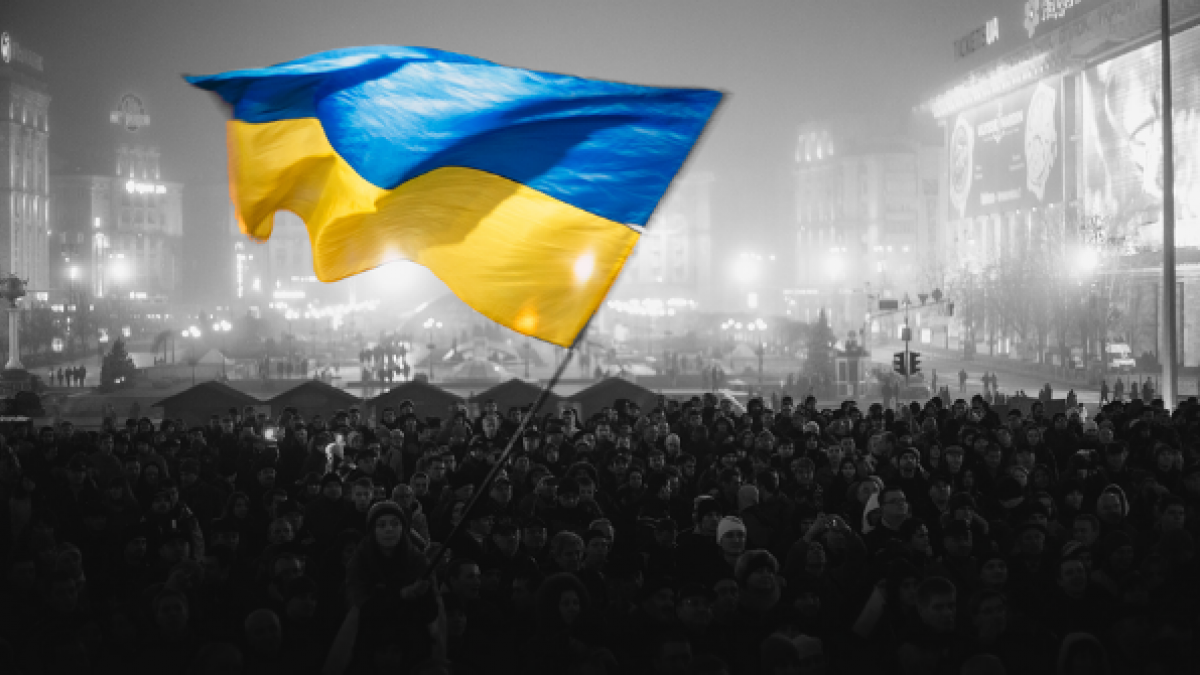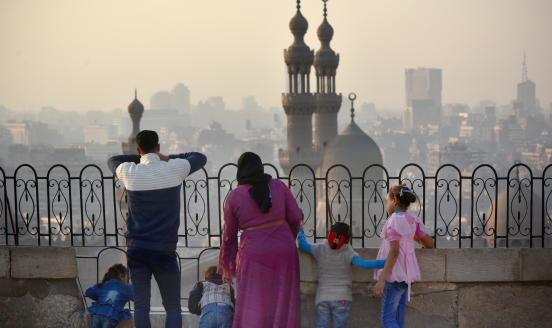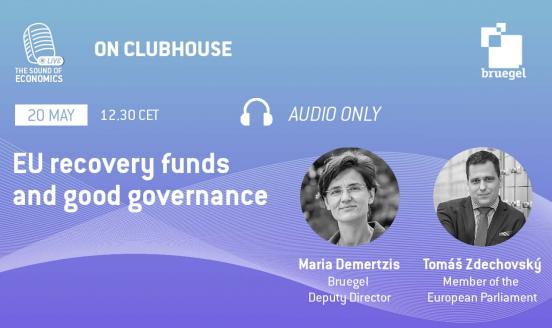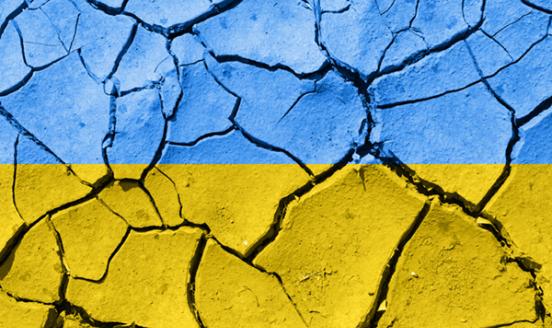Policy brief
Six years after Ukraine’s Euromaidan: reforms and challenges ahead
T he political events of early 2014 and the conflict with Russia had a strong negative impact on the Ukrainian economy.

- Since the Euromaidan protests (2013-2014), Ukraine has had two presidents and four governments. They have initiated various reforms in the economic, institutional and political spheres, with the aim of bringing the country closer to the European Union, boosting economic growth and international competitiveness, and building a liberal democracy.
- Reforms have been implemented in a difficult environment of external aggression, which has led to human and material losses and has caused loss of control over part of the country’s territory. However, resistance to aggression and fresh memories of the kleptocratic regime of the former president Viktor Yanukovych (2010-2014) have helped to unite society and Ukraine’s political forces in favour of the reform programme.
- Although many important policy and systemic changes have been implemented, the reform agenda remains unfinished. It must be continued despite the dramatic new challenges related to the COVID-19 pandemic.
- International financial support and especially International Monetary Fund conditionality have been instrumental in pushing the Ukrainian authorities to carry out major reforms (including of banking law, the gas sector and land ownership). This was done despite these reforms being opposed by old elites, or running counter to populist instincts (such as gas price reform and pension reform). The dominant role of old elites still holds back home-grown reform, leading to reformers having an unhealthy reliance on outside pressure.
Recommended citation
Dabrowski, M., M. Domínguez-Jiménez and G. Zachmann (2020) ‘Six years after Ukraine’s Euromaidan: reforms and challenges ahead’, Policy Contribution 2020/14, Bruegel



